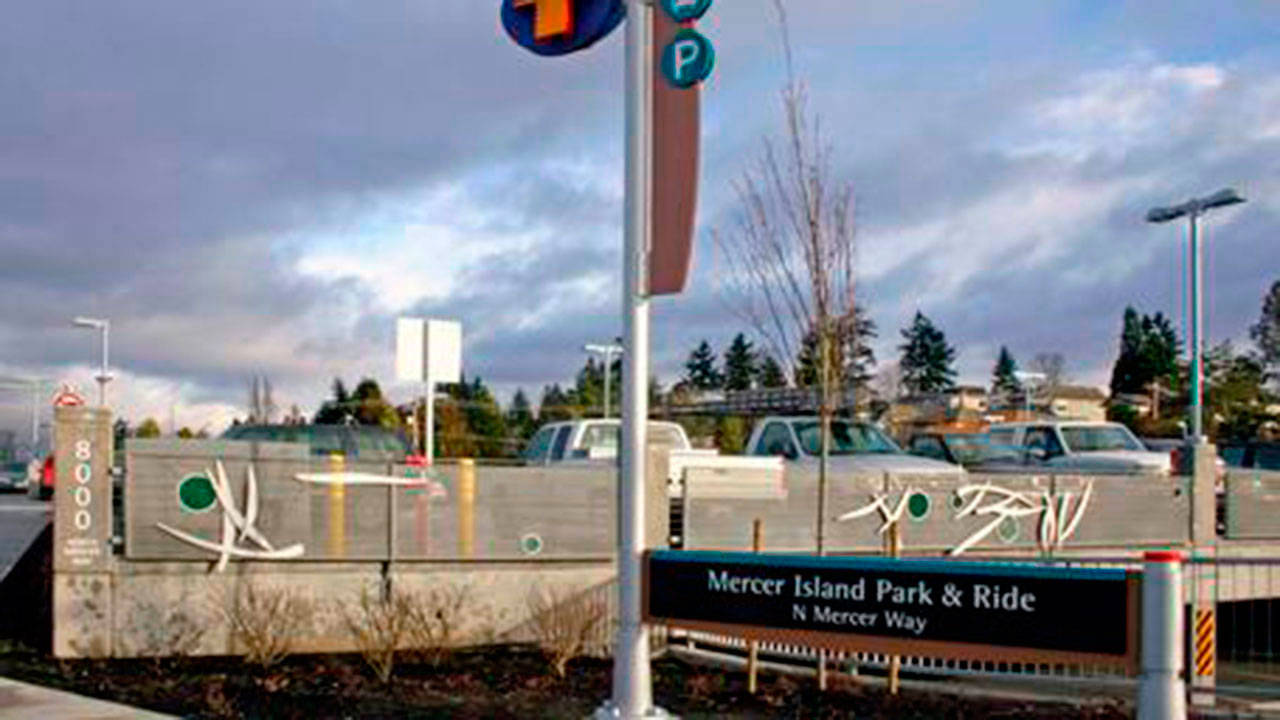As Mercer Island leaders continue to explore ways to spend its $10 million Sound Transit settlement to address mobility issues, they looked to a regional partner for ideas and background knowledge.
The Mercer Island City Council invited staffers from King County Metro’s transit and innovative mobility teams to discuss first and last mile solutions at a study session before its Jan. 23 regular meeting.
Metro’s Carol Cooper and Jean Paul Velez explained pilots in the works at Metro, which is trying to rebrand itself as a “mobility agency rather than transit agency” focused on fixed route bus service. The agency wants to embrace new technology and use it to fill some gaps in the transit network, they said.
The first-last mile connection refers to the beginning or end of an individual trip made primarily by public transportation. The settlement agreement reached last May includes $226,900 for identifying and implementing first-last mile solutions.
The council had previously discussed ride sharing as an answer, inviting Uber and Lyft to share ideas for pilot projects in December. City Manager Julie Underwood said Lyft was planning to come back to the council with a proposal on Feb. 20, and that a study session on first and last mile solutions involving bikes and pedestrians could occur on March 20.
Velez said that the service area today is “more of a skeleton,” but that “moving forward to 2040, the goal is to have the whole of the county covered by some form of Metro service.” Metro provides frequent and reliable transit in core corridors, but is struggling with the same problem as Mercer Island: how to get people there.
Pilots underway in Eastgate, Northgate and South Renton include concepts like private transit authorization and micro-transit, along with car sharing to address one of the biggest bottlenecks: park and rides. Many park and rides fill up early in the morning, though Metro service continues there throughout the day.
Councilmember Benson Wong asked if Mercer Island could be included in a future pilot. Though the North Mercer Park and Ride is owned by Sound Transit, not Metro, Metro representatives said they saw opportunities for collaboration.
Other council members, including newly elected Tom Acker, said they were more interested in using the city’s funds to build infrastructure like a dedicated parking lot. Cooper said that said that flexibility makes sense to Metro “because automated vehicles are on the horizon,” and the agency is thinking about how fixed assets can be adapted for new technology. Velez said that Metro doesn’t want to use a “one size fits all” approach, and that it is exploring a suite of new ideas that can accommodate different lifestyles and schedules.
Underwood said she heard general consensus to explore further with Metro some of projects they have that are well suited to the Island, and Mayor Debbie Bertlin said that she was interested in continuing the conversation, as her eyes were opened “to a number of new services that are being developed.”
See www.mercergov.org/CouncilMeetings for more.


